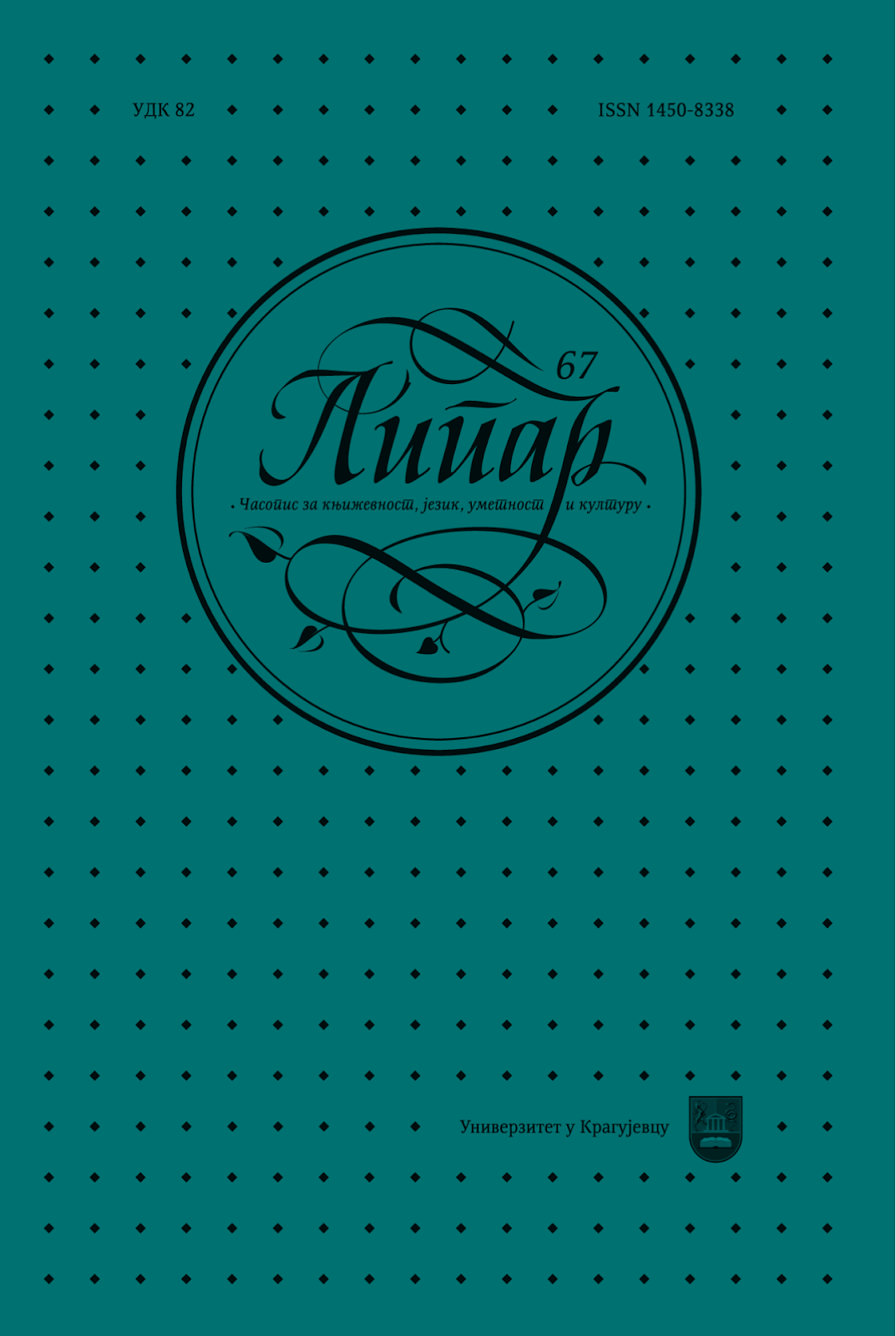ПРЕВОДНА (НЕ)ЕКВИВАЛЕНЦИЈА У ПРЕВОДУ КЊИГЕ МИРЧЕ КАРТАРЕСКУА ЗАШТО ВОЛИМО ЖЕНЕ
(NON-)EQUIVALENCE IN THE TRANSLATION OF MIRCEA CĂRTĂRESCU’S WHY WE LOVE WOMEN
Author(s): Ana SamardžićSubject(s): Language studies, Translation Studies
Published by: Универзитет у Крагујевцу
Keywords: translation equivalence; lexicon; semantics; grammar; Serbian language; Romanian language
Summary/Abstract: The paper deals with the analysis of semantic equivalents in the translation of the collection of stories Why we love women by the Romanian writer Mircea Cărtărescu. The analysis is performed by the method of comparative approach to the text in the source language and the target language. The analysis focuses mainly on the lexical level, and its goal is to represent the errors made under the influence of a variety of factors, such as: the inattention of the translator, not knowing the meaning of the word, phrase or expression, not paying attention to the polysemantic structure of the lexical units, ignorance of the grammatical and orthographic rules of the target language, the inadequate use of dictionaries or handbooks, etc. Our aim is to draw attention to the decline in the quality of translated literary works and the importance of evaluating each translation, regardless of its success, in order to point out the issue of the translators’ competence and the importance of translating. This translation is not classified among successful literary translations because of a large inventory of errors on all levels of the text. Therefore, we believe that this book by Mircea Cărtărescu should be translated again, in order to present it to the Serbian public in the right way.
Journal: Липар - часопис за књижевност, језик, уметност и културу
- Issue Year: XIX/2018
- Issue No: 67
- Page Range: 95-115
- Page Count: 21
- Language: Serbian

